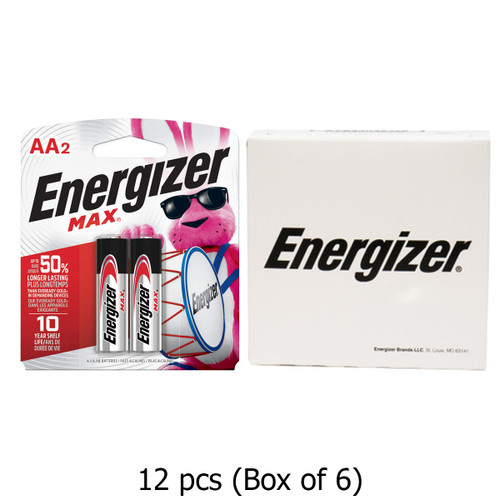
-

C Energizer MAX E93BP-4 Alkaline Batteries (4 Card)
$8.29As low as:- Buy in bulk and save
Bulk discount rates
Below are the available bulk discount rates for each individual item when you purchase a certain amount
- Buy 2 - 7 and pay only $8.29 each
- Buy 8 - 18 and pay only $7.79 each
- Buy 19 - 60 and pay only $7.59 each
- Buy 61 - 120 and pay only $7.29 each
- Buy 121 or above and pay only $7.29 each
-
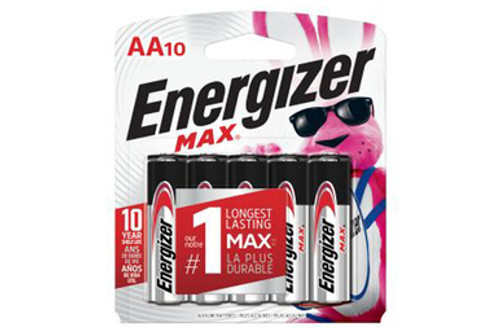
AA Energizer MAX E91CP-10 Alkaline Batteries (10 Pack)
$8.89As low as:- Buy in bulk and save
Bulk discount rates
Below are the available bulk discount rates for each individual item when you purchase a certain amount
- Buy 2 - 5 and pay only $8.89 each
- Buy 6 - 14 and pay only $8.29 each
- Buy 15 - 28 and pay only $8.19 each
- Buy 29 - 56 and pay only $7.79 each
- Buy 57 - 112 and pay only $7.29 each
- Buy 113 or above and pay only $7.29 each
-

AAA Energizer MAX E92CP10 Alkaline Batteries (10 Pack)
$9.79As low as:- Buy in bulk and save
Bulk discount rates
Below are the available bulk discount rates for each individual item when you purchase a certain amount
- Buy 2 - 5 and pay only $9.79 each
- Buy 6 - 12 and pay only $9.19 each
- Buy 13 - 25 and pay only $8.99 each
- Buy 26 - 51 and pay only $8.59 each
- Buy 52 - 102 and pay only $7.99 each
- Buy 103 or above and pay only $7.99 each
-

LR41 / AG3 Enerstar Alkaline Button Batteries (5 Card)
$9.79As low as:- Buy in bulk and save
Bulk discount rates
Below are the available bulk discount rates for each individual item when you purchase a certain amount
- Buy 2 - 3 and pay only $9.79 each
- Buy 4 - 6 and pay only $7.09 each
- Buy 7 - 10 and pay only $4.29 each
- Buy 11 - 16 and pay only $3.99 each
- Buy 17 - 99 and pay only $3.39 each
- Buy 100 or above and pay only $3.39 each
-
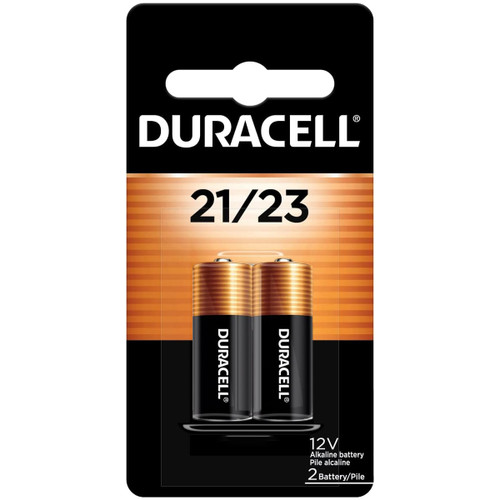
-
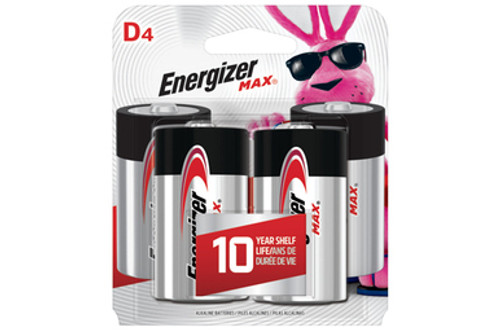
D Energizer MAX E95BP-4 Alkaline Batteries (4 Card)
$9.99As low as:- Buy in bulk and save
Bulk discount rates
Below are the available bulk discount rates for each individual item when you purchase a certain amount
- Buy 2 - 6 and pay only $9.99 each
- Buy 7 - 16 and pay only $8.39 each
- Buy 17 - 55 and pay only $8.29 each
- Buy 56 - 111 and pay only $7.89 each
- Buy 112 or above and pay only $7.89 each
-

-
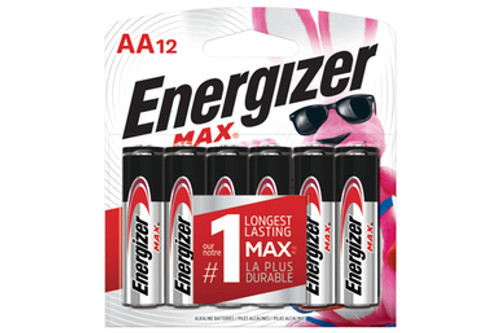
AA Energizer MAX E91BP12 Alkaline Batteries (12 Card)
$10.49As low as:- Buy in bulk and save
Bulk discount rates
Below are the available bulk discount rates for each individual item when you purchase a certain amount
- Buy 2 - 4 and pay only $10.49 each
- Buy 5 - 11 and pay only $9.89 each
- Buy 12 - 23 and pay only $9.59 each
- Buy 24 - 47 and pay only $9.19 each
- Buy 48 - 95 and pay only $8.59 each
- Buy 96 or above and pay only $8.59 each
-

-

AAA Energizer MAX E92BP12 Alkaline Batteries (12 Card)
$10.59As low as:- Buy in bulk and save
Bulk discount rates
Below are the available bulk discount rates for each individual item when you purchase a certain amount
- Buy 2 - 4 and pay only $10.59 each
- Buy 5 - 11 and pay only $9.89 each
- Buy 12 - 23 and pay only $9.69 each
- Buy 24 - 47 and pay only $9.29 each
- Buy 48 - 94 and pay only $8.69 each
- Buy 95 or above and pay only $8.69 each
-
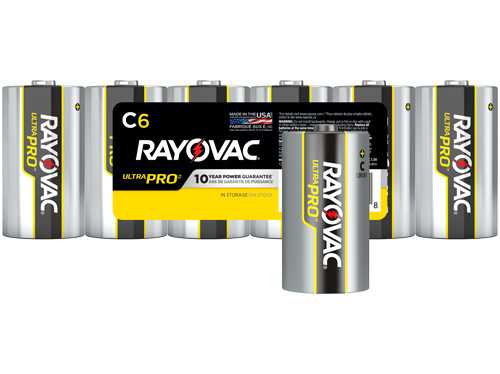
-

-

-
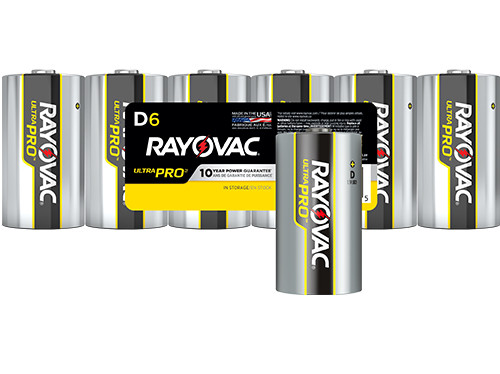
-

-

-

-

-

-
